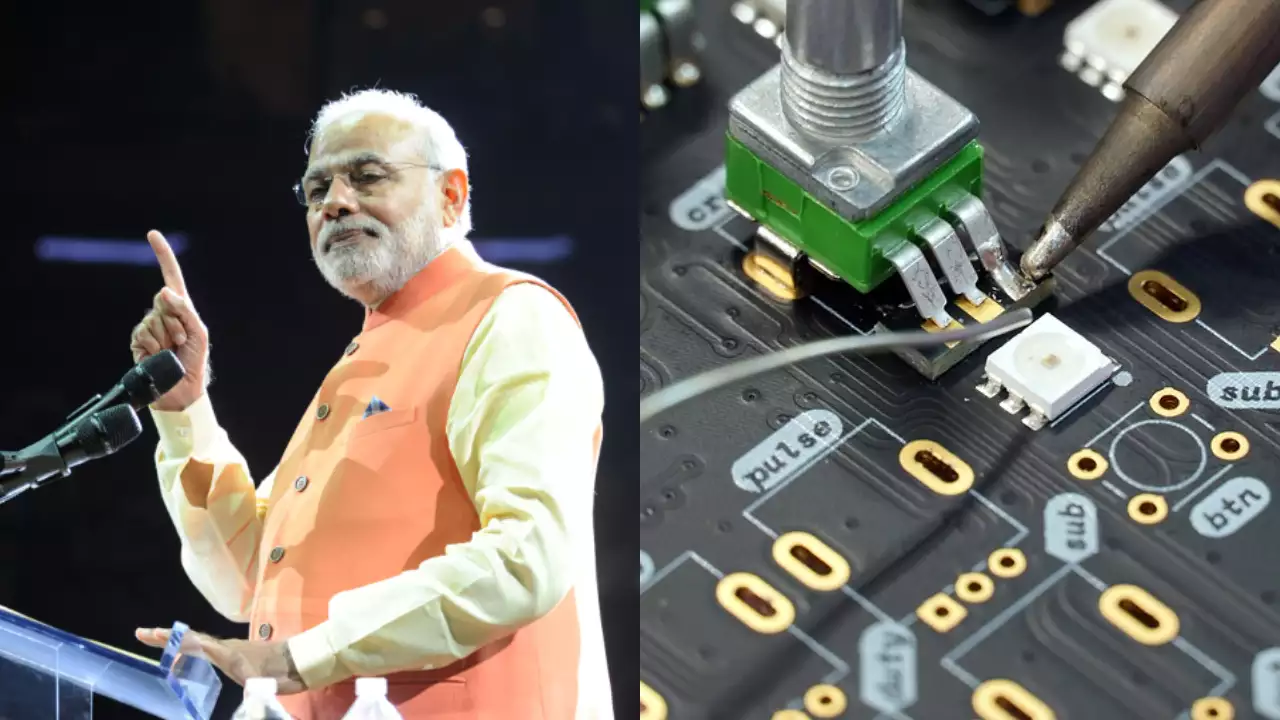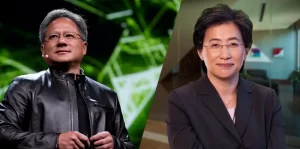Introduction
India has long been aspiring to become a major player in the semiconductor industry, which is crucial for the development of various sectors such as electronics, defence, and many more. However, the country has faced several challenges in setting up a viable chip fabrication plant, or fab, that can produce advanced chips at a large scale and compete with global giants like Taiwan, China, and the US. That could change soon, as Israel-based chipmaker Tower Semiconductor has submitted a proposal to the Indian government to build an $8 billion fab in the country.
Tower, which is one of the leading foundries of high-value analog semiconductor solutions, is seeking government incentives for its plan, which would be the first of its kind in India.
What is Tower’s Proposal?
Tower is looking to manufacture 65 nanometre and 40 nanometre chips in India, which are not the most advanced chips in the market but are still in high demand and have a long-life cycle. In fact, some companies like TSMC and Apple are already working on 5 nanometre and 3 nanometre chips, which are expected to be the next generation of chip technology.
What is the Importance of this Proposal?
Tower’s proposal is important for India for several reasons. First, it would be the first semiconductor company with real fabrication pedigree to join India’s $10 billion chip manufacturing scheme, which was launched in December 2021 to attract global players to set up fabs in the country. The scheme promises a 50 per cent capital expenditure subsidy to successful applicants, meaning that the government would bear half of the cost of the project.
Second, it would boost India’s self-reliance and security in the chip sector, which is currently dependent on imports from other countries, especially China. India imports about 95 per cent of its semiconductor requirements, which amounts to about $20 billion annually. This makes the country vulnerable to supply chain disruptions, price fluctuations, and geopolitical tensions. By having its own fab, India would be able to reduce its dependence on foreign sources and develop its own intellectual property and innovation.
Third, it would create a ripple effect in the Indian semiconductor ecosystem, which is currently lacking in terms of infrastructure, talent, and research. By having a fab in the country, India would be able to attract more investments, partnerships, and collaborations from other players in the industry, such as chip designers, equipment suppliers, and service providers.
Read More:6 Leading Companies in Advanced Packaging of Integrated Circuits – techovedas
Challenges and Opportunities for Tower and India
For Tower, the main challenge is to secure the government’s approval and support, which may take time and face bureaucratic hurdles. The company also has to deal with the competition from other countries, such as Vietnam and Indonesia, which are also vying for Tower’s investment.
However, That could change soon, as Israel-based chipmaker Tower Semiconductor has submitted a proposal to the Indian government to build an $8 billion fab in the country. can leverage its existing presence and partnerships in India, as it already has a design center in Noida and a joint venture with CG Power and Renesas Electronics in Bengaluru.

For India, Tower offers a chance to become a global leader in chip manufacturing, and to gain a competitive edge in the emerging fields of artificial intelligence, internet of things, 5G, and quantum computing. India also stands to benefit from the spillover effects of having a fab in the country, such as increased innovation, productivity, and exports. Moreover, India can use its partnership with Tower to strengthen its ties with Israel, which is a strategic ally and a leader in technology and defense.
Read More: What is Heterogeneous integration: Advantages Types and Technology
Conclusion
Tower’s $8 billion chip plant proposal is a game-changer for India’s semiconductor industry, and a potential catalyst for the country’s economic and technological development. If the proposal is accepted by the government, it would mark a historic milestone for both Tower and India, and pave the way for a long-term and mutually beneficial collaboration. The success of the proposal depends on the vision, commitment, and execution of both Tower and India, and the support and cooperation of the stakeholders and the public.



